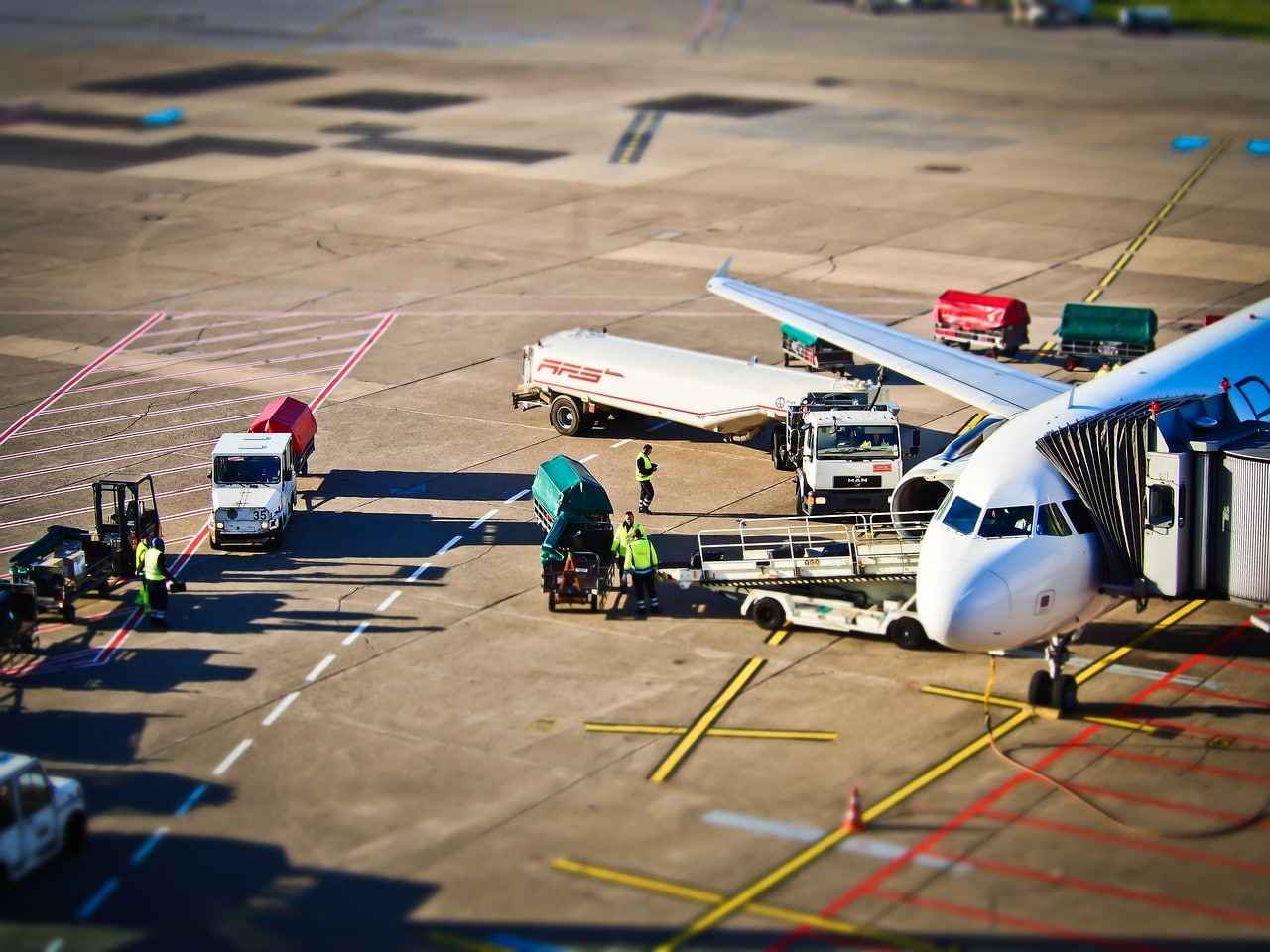When you need to move goods a long distance in a limited time frame, air freight is invaluable. It gets your goods securely from A to B as quickly as possible. It’s trackable, and you can send large shipments with little fuss. And as long as you know what you can and can’t ship by air and adhere to the import requirements of your destination, it’s relatively easy. But there are a few things that you must not do when sending cargo via air freight. So, here’s what you need to know.
Five Things Not to Do When Sending Air Freight
Don’t scrimp on packaging
You have a range of packaging choices for air freight. But the most common option is palletised corrugated cardboard boxes. They’re strong, light weight, and do the job well. But like all other packaging types, if they are over-filled, poorly stacked, incorrectly sealed, or the manufacturer’s guidelines are ignored, they will fail. And this can mean lost and damaged stock. It can also result in shipping delays. So, invest in the best and most appropriate packaging for your needs.
Don’t forget your paperwork
Like all other forms of overseas shipments, air freight involves red tape. But if you get your paperwork wrong – or simply forget to include some of it – you’ll face delays and possibly even fines. Depending on your destination and point of origination, this could include:
- Customs invoice
- Inward cargo manifest
- Packing list
- Commercial invoice
- Bill of lading
- Commodity and HS codes
- Sales contract
- Proforma invoice
- Certificate of origin signed by a local chamber of commerce
- Import licenses
- Import quota certificate
- Import inspection certificate
Don’t forget to label all of your packages
Air freight is one of the safest means of transporting cargo. But if your pallet fails or one of your packages comes loose, you need the carrier to be able to identify the shipment it belongs to. Adding additional labels is a quick and easy method of managing that.
Don’t overlook insurance
Freight insurance can be a significant addition to your exporting costs. But it covers you for all forms of loss. Including delays, damage, theft, and literal loss. Although all reputable carriers have their own insurance, these policies have a limited remit. So, if damage or loss is not the direct fault of the carrier, you’re unlikely to receive any pay outs. Freight insurance ensures that you’re never left out of pocket.
Don’t ignore the restricted items list
While air freight is suitable for the movement of all kinds of goods, there are a few items that simply cannot be carried. If you try to send these items via air freight, you are likely to receive a hefty fine. So, look into this closely before you arrange your shipment. Restricted items include:
- Explosives
- Compressed gas
- Flammable solids
- Flammable liquids
- Corrosive materials
- Toxic and/or infectious materials
- Magnetic items
- Natural oxidizers
- Radioactive materials
- Biohazards
This list isn’t exclusive, so do your research well.
Air freight is a fast, highly reliable, and secure method of transporting cargo. When you work with a freight forwarder, it can also be incredibly simple to manage. But you do have to be aware of the limitations of the service, and the things you can do to streamline the process.
Find out more about importing or exporting via air freight with Plexus Freight.


